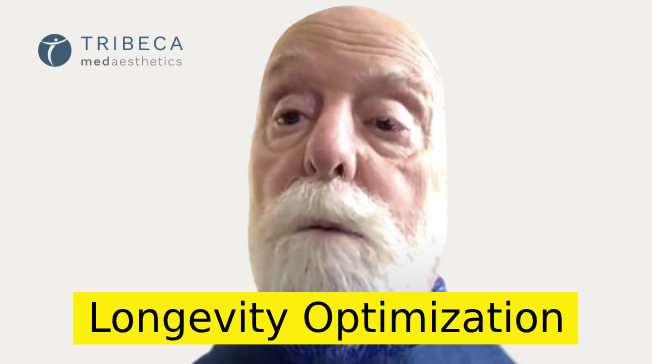Brain Health
Conveniently located to serve the areas of Miami, FL
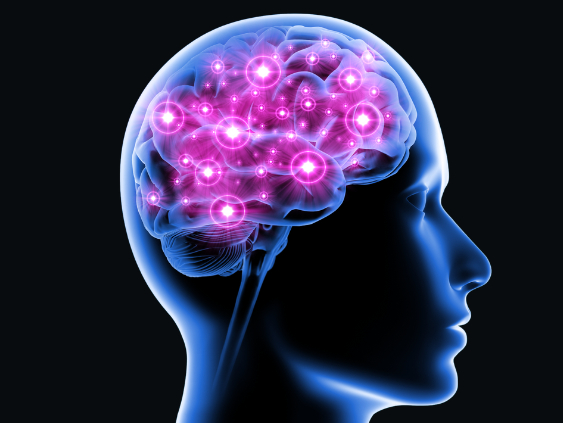
Maintaining healthy brain function and cognition is essential to overall wellness and longevity.
Cognitive decline is a frustrating challenge for patients, however, taking a proactive, functional medicine approach to diagnosis and treatment may prevent, slow down, or even reverse early signs of decline.
“Detecting early signs of cognitive decline is the key to effective, early intervention.”
– Dr. Shapiro
If you are experiencing symptoms of memory loss, poor word recall, brain fog, or feel that your cognitive abilities are not what they used to be, consider an evaluation with a functional medicine doctor to help identify the root cause of your cognitive issues.
Dr. Shapiro integrates important functional medicine strategies with traditional internal medicine to help identify the root cause of cognitive symptoms, oftentimes due to metabolic dysfunction. (1)
Schedule a consultation with Dr. Shapiro at TribecaMed today to begin reversing the effects of cognitive decline. If you have any questions or would prefer to schedule an appointment over the phone, please feel free to call our Miami Beach office at (305) 763-8832.
Contents
About Cognitive Health
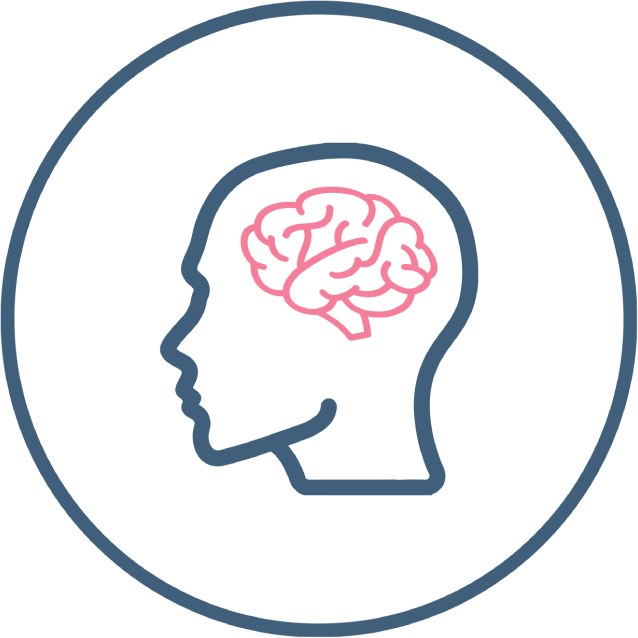
Dr. Shapiro takes a functional, holistic approach to addressing cognitive health concerns. He works closely with his patients to uncover the root causes of brain, memory, mood, and cognitive dysfunction. By focusing on metabolic imbalances and other underlying factors, Dr. Shapiro provides proactive, personalized care to support lasting cognitive health and improved well-being.
Addressing nutrient deficiencies, balancing hormones, and reducing inflammation are examples of important functional medicine strategies used by Dr. Shapiro to boost cognitive function and overall brain health. (1)
Optimal brain health goes beyond cognitive function—it’s about improving memory, focus, processing information, problem-solving, and adaptability through neuroplasticity. Just like the body, the brain thrives with proper care.
At TribecaMed, we improve brain and cognitive health by combining lifestyle changes, nutrition, hormone balance, and micronutrient optimization just to name a few. By utilizing specialized cognitive testing and blood work, we help enhance cognitive function, mental clarity, and long-term brain performance.
How We Approach Brain & Cognitive Health
Identifying Memory & Cognitive Deficiencies
Progressive memory loss or forgetfulness can be an early sign of cognitive impairment. This may be more concerning for people with a strong family history of Alzheimer’s Disease. (2)
Alzheimer’s disease (AD) is the most common form of dementia in the elderly and currently affects more than 5 million Americans. It is a progressive neurodegenerative disorder with characteristic brain findings of amyloid plaques and neurofibrillary tangles. (2)
For patients at risk, Dr. Shapiro recommends early screening with the APOE ε4 gene test. This blood test plays a crucial role in identifying genetic risk factors associated with late-onset Alzheimer’s Disease. (2)
It’s important to note that the development of late-onset AD is influenced by many factors other than APOE4 including age, gender, family history, history of head trauma, and history of metabolic dysfunction.
Regardless of risk for Alzheimer’s, Dr. Shapiro recommends patients with memory or cognitive concerns complete the Montreal Cognitive Assessment (MOCA) Test. By measuring attention, memory, language, visuospatial abilities, and executive functions, the MOCA test provides valuable information about brain health and can help screen for early signs of cognitive decline or impairment. (3) The MOCA Test is an integral part of helping Dr. Shapiro develop personalized treatment plans focused on supporting brain health, memory, and cognition.
In patients with marked cognitive decline, Dr. Shapiro will refer patients to trusted neurologists within his referral network who specialize in neuro-cognitive disorders for further evaluation and advanced care.
Addressing Nutrient Deficiencies
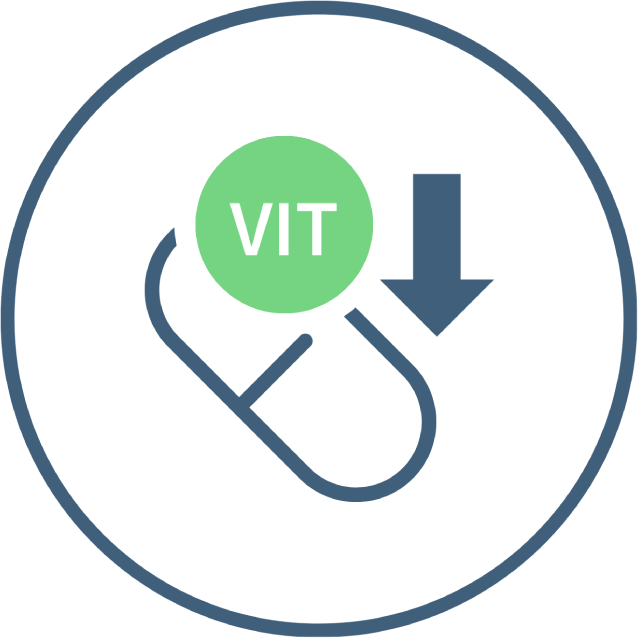
Blood work and micronutrient testing are essential to identify any metabolic deficiencies impacting brain health. For example, deficiencies in omega-3s, B vitamins, magnesium, and vitamin D can all impact brain function. Persistent deficiencies in nutrients can also increase the symptoms of chronic depression, and this can in turn lay a foundation for cognitive decline. (4) Not every patient requires the same nutrient levels for optimal brain function, but Dr. Shapiro uses blood samples to pinpoint and address deficiencies. With this information, he creates personalized supplement regimens, offers IV nutrient therapies, and provides tailored nutrition and lifestyle recommendations to help patients enhance their mental clarity, focus, and cognitive abilities. This comprehensive approach ensures patients receive the support they need to achieve better brain and cognitive health.
Optimizing the Gut-Brain Connection
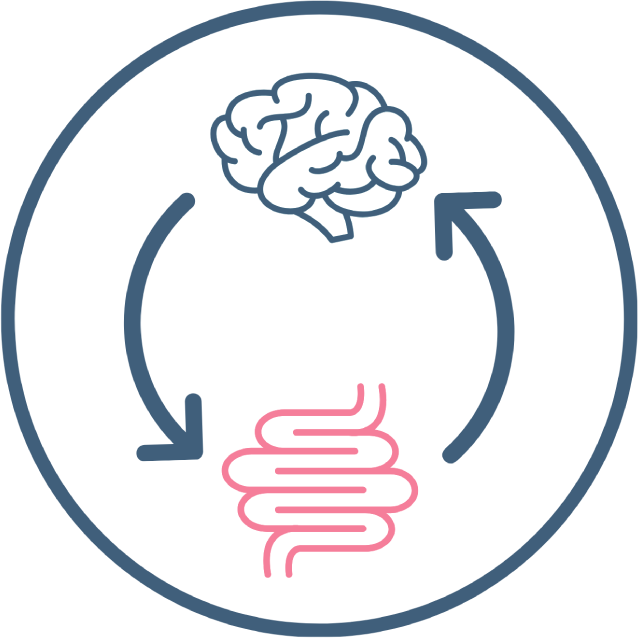
The gut-brain connection is a cornerstone of functional medicine research, highlighting the digestive system’s critical role in brain health. Emerging studies reveal that gut health significantly influences cognitive function and mental clarity. (5)
For root cause diagnosis, Dr. Shapiro uses the GI-MAP microbiome stool test to identify gut bacteria imbalances (or dysbiosis), pathogenic microorganisms, intestinal inflammation, “leaky gut,” and gluten sensitivity just to name a few. By analyzing these factors, he develops targeted treatment plans to optimize both gut and brain health, empowering patients to achieve improved cognitive function and overall well-being through personalized care.
Balancing Hormones
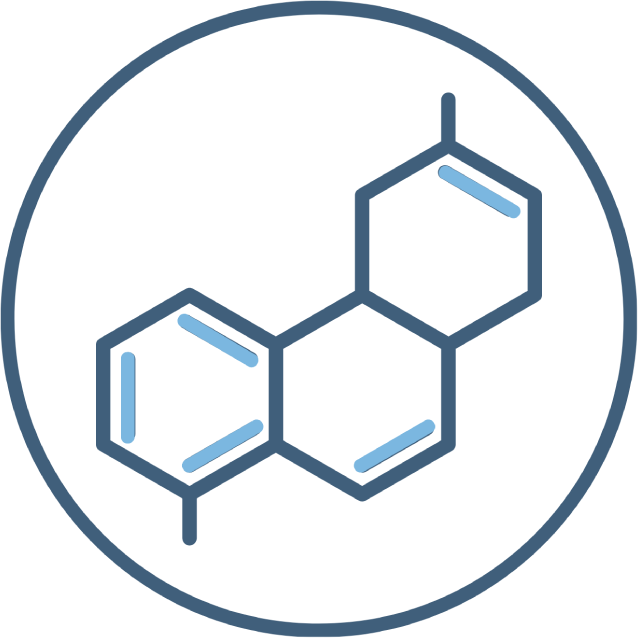
Hormones such as testosterone, estrogen, insulin, cortisol, and even thyroid hormones play a crucial role in brain function and cognition by influencing neural development, connectivity, and signaling. When imbalanced, these hormones can significantly impact brain health and cognition.
Testosterone and estrogen, the main sex hormones, affect the brain in different ways. Testosterone supports concentration and risk-taking, while estrogen helps with memory, learning, and managing emotions. Both hormones also protect the brain by balancing chemicals like dopamine and serotonin, which influence mood and motivation. (6)
Insulin is like the brain’s energy manager, helping it use sugar for fuel. When insulin doesn’t work well, as in conditions like diabetes, it can lead to memory problems and increase the risk of brain diseases. (7)
Cortisol, the stress hormone, impacts focus and memory. Short-term stress can sharpen your mind, but long-term stress can harm the part of the brain that helps you learn and remember.
Thyroid hormones, which control metabolism, are vital for cognition and energy use. If thyroid levels are too high or low, it can lead to problems like forgetfulness or brain fog. All these hormones work together to keep the brain healthy and sharp.
Dr. Shapiro utilizes advanced blood, saliva, and urine tests to pinpoint specific hormonal imbalances. Based on these results, he tailors hormone-balancing strategies for both men and women, addressing deficiencies or excesses to restore balance and support optimal brain health.
Detoxification Support
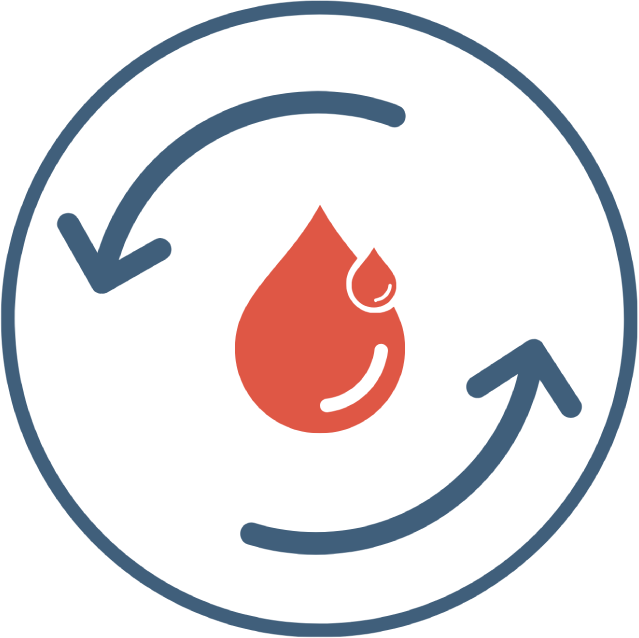
Detoxification is essential for maintaining brain and cognitive health, as it helps the body eliminate harmful substances that can impair neural function. The brain is highly sensitive to toxins, including heavy metals, environmental pollutants, and metabolic byproducts like excess homocysteine. These substances can contribute to oxidative stress, inflammation, and impaired communication between neurons, which may result in brain fog, memory problems, or an increased risk of neurodegenerative diseases. (8)
Using specialized blood and urine testing, Dr. Shapiro can identify suspected toxins and recommend personalized, detoxification protocols designed to eliminate them from the body.
Examples of Detoxication Protocols
- Therapeutic Phlebotomy (blood donation)
- Glutathione & Antioxidant Therapies
- Liver Detoxification Pathway Support
- IV Hydration
- Personalized Nutrition Programs
With the significant reduction of toxins, inflammation, and oxidative stress on the brain, you can anticipate improvement or recovery of cognitive health. Effective detoxification ensures a healthier brain, sharper cognition, better memory, and long-term mental resilience.
Benefits
Optimizing brain and cognitive health offers a wide range of benefits that enhance overall well-being and quality of life. Receiving treatment from Dr. Shapiro means receiving unique treatments that focus on optimizing brain and cognitive health, ensuring his patients can expect:
- Improved memory & mental focus
- Enhanced learning & problem-solving skills
- Elevated mood & energy levels
- Better stress management
- Resilience against cognitive decline
Prioritizing brain health positively impacts nearly every aspect of life, from professional performance to personal relationships and long-term mental well-being.
Candidates
Ideal candidates for brain health improvement are those who want to enhance their cognitive capabilities. This can be students, professionals who engage in intellectually demanding work, older adults who want to prolong and improve their mental abilities, and individuals hoping to proactively improve their brain health.
Brain health treatments are not limited to patients who are experiencing cognitive decline, rather, anyone who wants to improve their cognitive function can receive these treatments. If you have symptoms of forgetfulness, confusion, brain fog, trouble focusing, memory loss, and difficulty with daily activities, then you may benefit from brain health treatment.
Personalized Consultation
A functional medicine consultation for improving brain health involves a thorough assessment of your current cognitive abilities with the Montreal Cognitive Assessment (MoCA) and a review of comprehensive, fasting blood work with Dr. Shapiro. At this appointment, you will discuss your concerns, medical history, and lifestyle factors with Dr. Shapiro.
During this appointment, you’ll have the chance to discuss personalized treatment options tailored to your age, mental health, and specific goals. Dr. Shapiro will work with you to choose the most effective treatments to enhance your cognitive abilities and support your overall well-being.
These options may include hormone balancing, micronutrient optimization, exercise regimens, nutritional guidance, mindfulness practices, and structured brain training programs, all designed to help you sharpen your mind and achieve your goals.
Cost of Brain Health Treatments in Miami
Because brain health is such a multifaceted issue, treatments have to be custom-tailored to each patient. Pricing largely depends on underlying causes and what measures are taken for improvements.
When you meet with Dr. Shapiro for your initial consultation, you will receive a price quote from a patient coordinator. TribecaMed and our dedicated staff are here to help you improve your mental well-being, so if you have any questions or concerns, do not hesitate to call our Miami Beach office at (305) 763-8832.
References
- Nguyen SA, Oughli HA, Lavretsky H. Complementary and Integrative Medicine for Neurocognitive Disorders and Caregiver Health. Current Psychiatry Reports. 2022;24(9):469-480. doi:https://doi.org/10.1007/s11920-022-01355-y
- Bird TD. Alzheimer Disease Overview. Nih.gov. Published December 20, 2018. https://www.ncbi.nlm.nih.gov/books/NBK1161/
- Dautzenberg G, Lijmer J, Beekman A. Diagnostic accuracy of the Montreal Cognitive Assessment (MoCA) for cognitive screening in old age psychiatry: Determining cutoff scores in clinical practice. Avoiding spectrum bias caused by healthy controls. International Journal of Geriatric Psychiatry. 2019;35(3):261-269. doi:https://doi.org/10.1002/gps.5227
- Zielińska M, Łuszczki E, Dereń K. Dietary Nutrient Deficiencies and Risk of Depression (Review Article 2018–2023). Nutrients. 2023;15(11):2433-2433. doi:https://doi.org/10.3390/nu15112433
- Johns Hopkins Medicine. The brain-gut Connection. John Hopkins Medicine. Published 2019. https://www.hopkinsmedicine.org/health/wellness-and-prevention/the-brain-gut-connection
- Ali SA, Begum T, Reza F. Hormonal Influences on Cognitive Function. Malaysian Journal of Medical Sciences. 2018;25(4):31-41. doi:https://doi.org/10.21315/mjms2018.25.4.3
- Blázquez E, Velázquez E, Hurtado-Carneiro V, Ruiz-Albusac JM. Insulin in the Brain: Its Pathophysiological Implications for States Related with Central Insulin Resistance, Type 2 Diabetes and Alzheimerâ€TMs Disease. Frontiers in Endocrinology. 2014;5. doi:https://doi.org/10.3389/fendo.2014.00161
- Block ML, Elder A, Auten RL, et al. The outdoor air pollution and brain health workshop. NeuroToxicology. 2012;33(5):972-984. doi:https://doi.org/10.1016/j.neuro.2012.08.014




